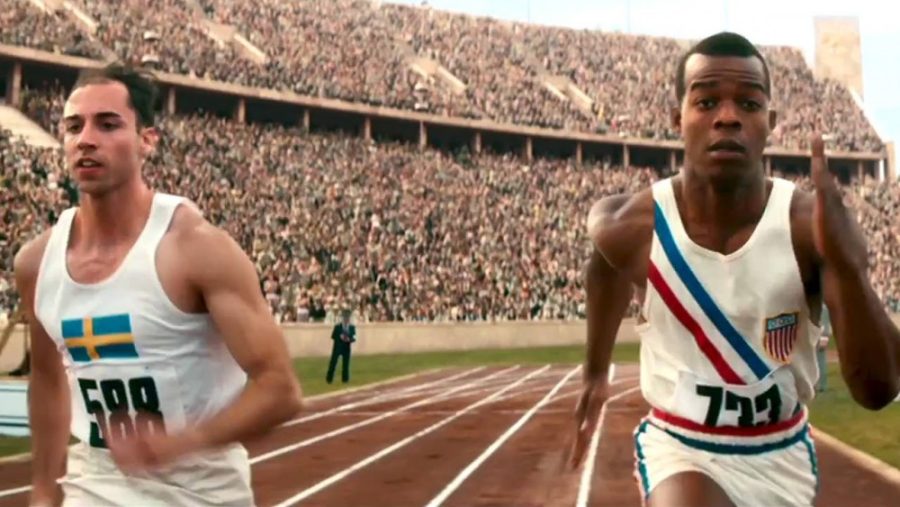If there’s one thing that historical sports films have to offer to their audience, it is the chance to reflect on certain topics in history that have shaped the way we think about societies around the world.
Topics such as adversity and race have made significant contributions for historical athletic films like “42” and “Remember the Titans.” Stephen Hopkins’ new film “Race”continues the trend of using societal problems to express a common theme in historical sports films. If you find yourself drawn to inspirational films that tell an inspiring tale, then “Race” is a film you won’t want to miss.
The film begins with future track star Jesse Owens (Stephan James) who heads off to Ohio State University. Once he arrives, he manages to get the attention of track coach Larry Snyder (Jason Sudeikis) who convinces him to join his track team. From here on out, it’s a one-man journey.
Owens embarks on a mission toward self-reliance, while attempting to confront racism at its strongest form. At this point, it becomes clear that the director wants the audience to understand the effects generated by racist behaviors and attitudes. This becomes a lot clearer when Owens is constantly being tormented by the school’s football team or when he’s pressured by the NAACP to boycott the 1936 Olympics.
The topic of race is one that ultimately puts Owens on a difficult path. It’s a center point for a film that attempts to show an accurate presentation of one of America’s greatest athletes. Even after becoming a celebrity for his stellar performances across the country, his identity as an oppressed individual is something that comes back to haunt him as he struggles with not just his career as a track athlete, but with his personal life as well.
The one true backbone of the story is Owens’ friendship with Snyder. At the beginning of this film, Snyder is seen as a coach who has the attitude of a contender and believer whose only desire is to win races. However, as the film progresses, Snyderbegins to present himself as an individual who eventually shows sympathy and concern for his runner. What starts off as a typical coach-athlete relationship eventually turns into a mutual friendship. This becomes more noticeable when Snyder eventually comes to understands Owens’ uncertainty over the Olympics. It’s a friendship that adds power and focus to the story.
It’s important to note that the film doesn’t focus entirely on the rise of Owens. The movie shifts between Owens’ process on the track and the U.S. Olympic Committee’s debate over whether American athletes should boycott the Olympics due to the rising Nazi regime. As one could probably guess, the committee chooses not to boycott the event. Owens himself decides to participate in the games as well, which is a decision that ultimately earns him a place in the history books.
Despite lacking emotion behind its intended message, the film does a great job at retelling the story of Owens’ rise to fame and presents us with an accurate presentation of societal issues during the 1930s.
A-
Follow Ernesto Fierro on Twitter.









